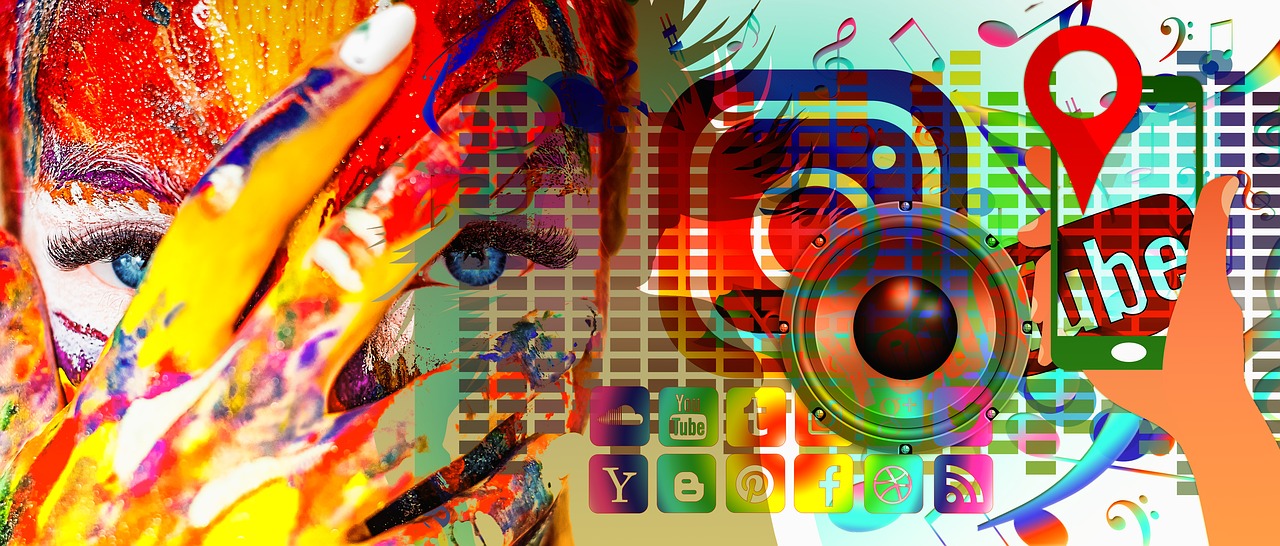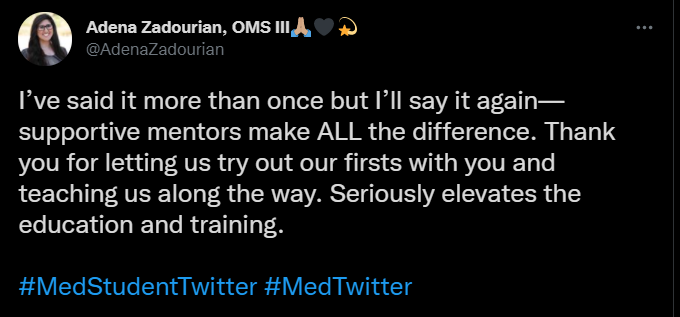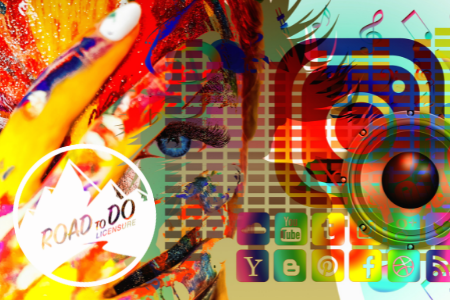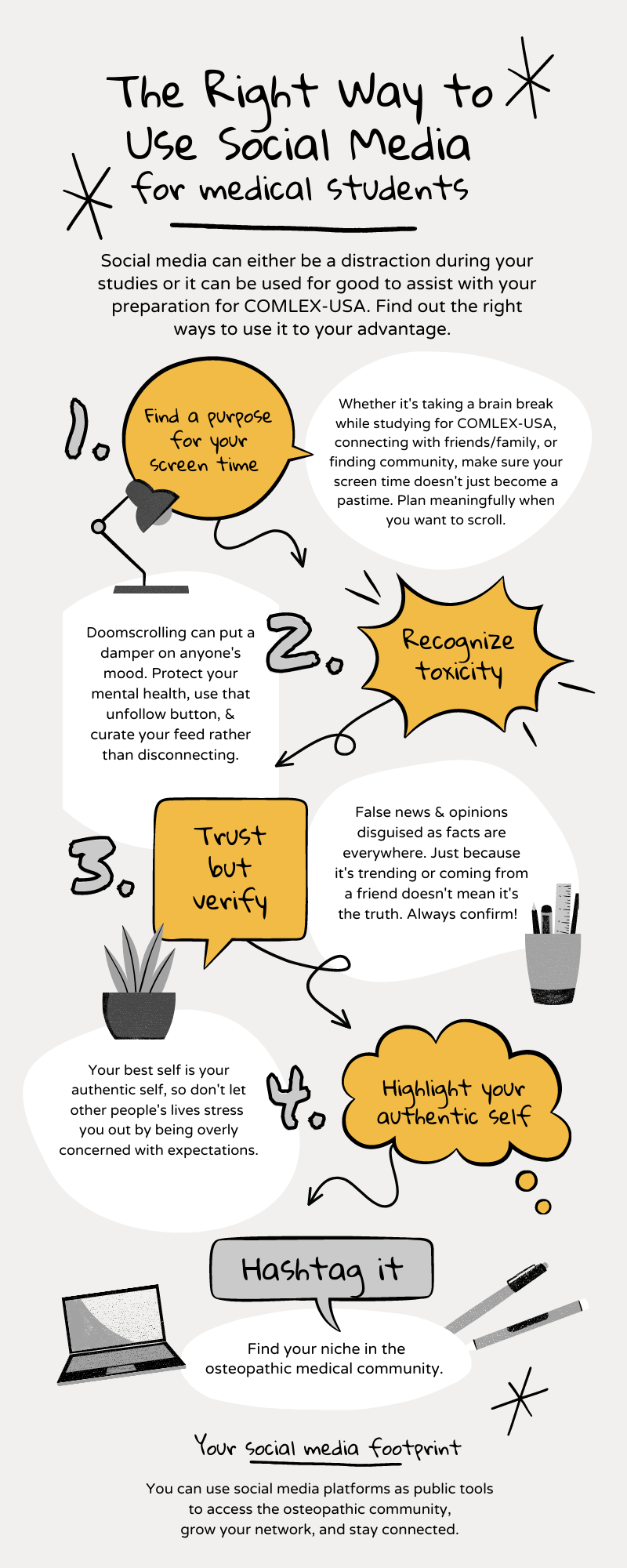
There are as many opinions about social media as there are on social media. They range from viewing these virtual networks as avoidable distractions to being so enthusiastic that they can’t get out from under their flood of notifications.
Both sides of the spectrum can give social media a bad rep—but if you think that’s all there is, you’re missing out. A common misconception is that the use of social media is disruptive, draining, and time-consuming—and it can be if used incorrectly, especially while preparing for high-stakes examinations like COMLEX-USA.
That said, osteopathic medical students can use social media to build relationships, network with others who have been through what they are going through, and even converse directly with residency program directors before applying. These are just a few examples of how social media can be helpful rather than becoming a hindrance:

“Having a strong social network is associated with positive mental health and well-being. Routine social media use may compensate for diminishing face-to-face social interactions in people’s busy lives. Social media may provide individuals with a platform that overcomes barriers of distance and time, allowing them to connect and reconnect with others and thereby expand and strengthen their in-person networks and interactions.”
Even pre-COVID, social media was still valuable in allowing medical students to build up their self-confidence and establish connections they otherwise wouldn’t have had. In-person interactions are incredibly beneficial to mental health and wellness, but social media can also provide continuous and boundless conversations that can enrich anyone’s life.
Keeping up that connection and “using social media as part of [an] everyday routine and responding to content that others share—is positively associated with [social well-being, positive mental health, and self-rated health],” according to the Harvard article.
As with most indulgences, moderation is key. You wouldn’t eat ice cream for breakfast, lunch, and dinner, would you? (Don’t answer that). It’s important to regulate frequency—and that goes for social media usage as well. At the same time, keeping that balance doesn’t require you to ‘go dark’ unless it’s a personal choice. Everyone is different, and for some who have more trouble regulating themselves, there are always other options to maintain that balance.
On top of that, there is a lot of misinformation that can be shared and spread widely online so it is essential to use your best judgment and verify what you see. Always remember, we are here as a source to help you. If you question the validity of anything related to licensure or COMLEX, don’t hesitate to tag us!
You can safely and productively utilize social media to maintain your mental hygiene in ways you may not even be aware of. It can be a viable tool in preparation for COMLEX-USA by tapping into your osteopathic community to seek out accurate advice, take brain breaks, and reset before diving into the next section.
Some may see social media as rife with distractions, but it also provides a great opportunity for support and advocacy. Internet friends are important, and community built through social media can provide a support system to help you on your Road to DO Licensure.


